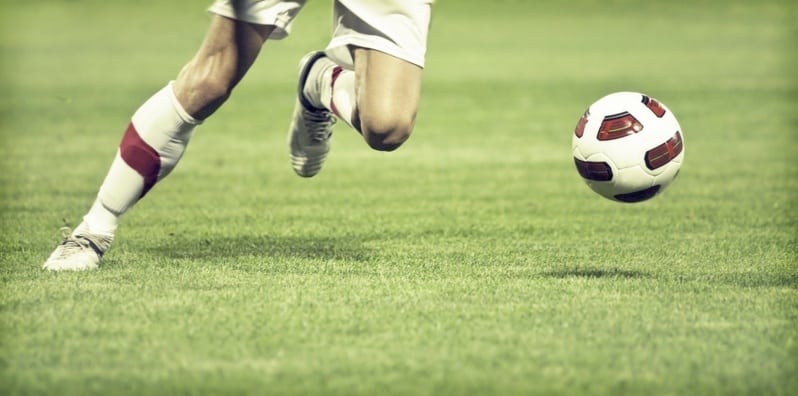For the first time, the FDA has cleared a unique type of implant to repair torn anterior cruciate ligaments (ACLs), allowing patients to avoid reconstruction procedures that may require tendons to be taken from other joints in the body.
Miach Orthopedics’ bioengineered BEAR implant provides a structure within the knee that assists the torn ends of the ligament in healing back together themselves.
Tears in the ACL—which spans the front to the back of the knee and helps keep the joint stable—are some of the most common sports injuries in the U.S., with about 400,000 happening each year, according to the company.
Repair surgeries typically involve replacing the ACL with healthy tendons taken from elsewhere in the patient’s leg or by using tissue from a donor, or simply by sewing it with sutures. However, as many as 1 in 5 teenagers will still re-tear their ACL, and only about 60% of patients may return to their sport at the same competitive level.
“Preserving a patient’s native ACL instead of replacing it with a graft has long been a goal of surgeons, and before the BEAR Implant, multiple approaches were studied and failed,” said Miach President and CEO Martha Shadan.
After being placed, the BEAR’s collagen structure is slowly absorbed back into the body over about two months, as the wound begins to mend. The spongelike implant also holds a small amount of the patient’s blood at the site of the tear—an important feature, as the fluid that lubricates the knee joint can also interfere with blood clotting, stopping ACLs from healing naturally.
“The BEAR Implant, which is the first medical technology to show that it enables a patient’s own torn ACL to heal, represents the first substantial advancement in the treatment of ACL tears in decades and has the potential to change the standard of care,” Shadan said. The company plans to begin a limited market release in early 2021.
In clinical trials supported by the union representing football players in the NFL, researchers tracked participants for at least two years after a repair procedure and physical therapy. Those who received the BEAR implant reported similar levels of knee function, pain, stiffness and sports activity compared to patients who had their ACLs grafted with their own tendons. The two groups also had similar measures of the looseness of the joint when compared to the uninjured leg, according to the FDA.
“ACL injuries are all too common among athletes of all ages and can be a career-ending injury in the NFL, which is why the NFL Players Association has been a sponsor of the BEAR clinical trials since the beginning,” said the association’s vice president, Sean Sansiveri. “We’re gratified to have supported Miach Orthopaedics in the journey to bring a better option for treating ACL injuries to patients in the U.S.”
The agency granted the BEAR implant a de novo clearance for skeletally mature patients at least 14 years old who have a complete rupture of the ACL confirmed by an MRI scan.
Editor’s note: This story has been updated with additional information from Miach Orthopedics.

